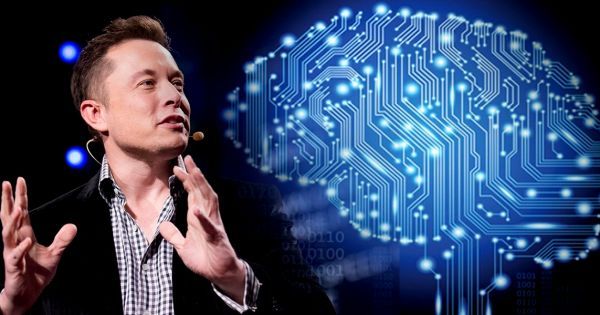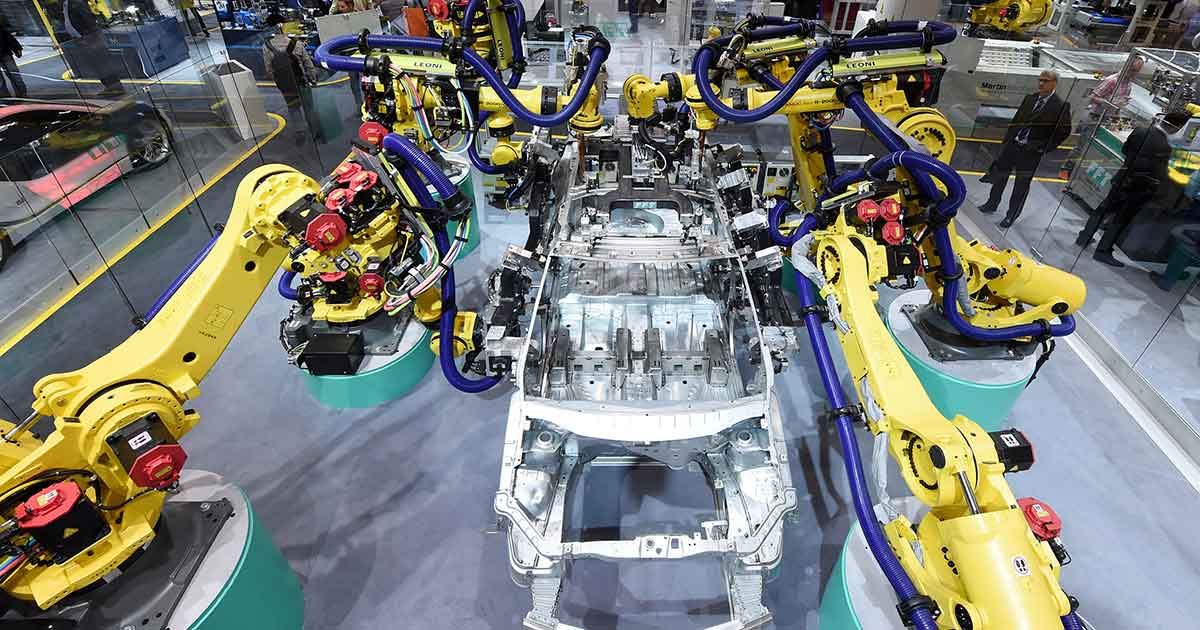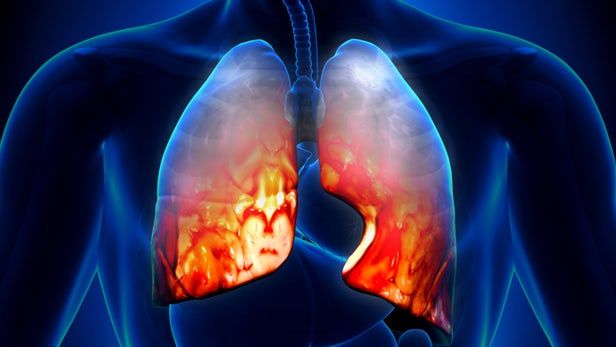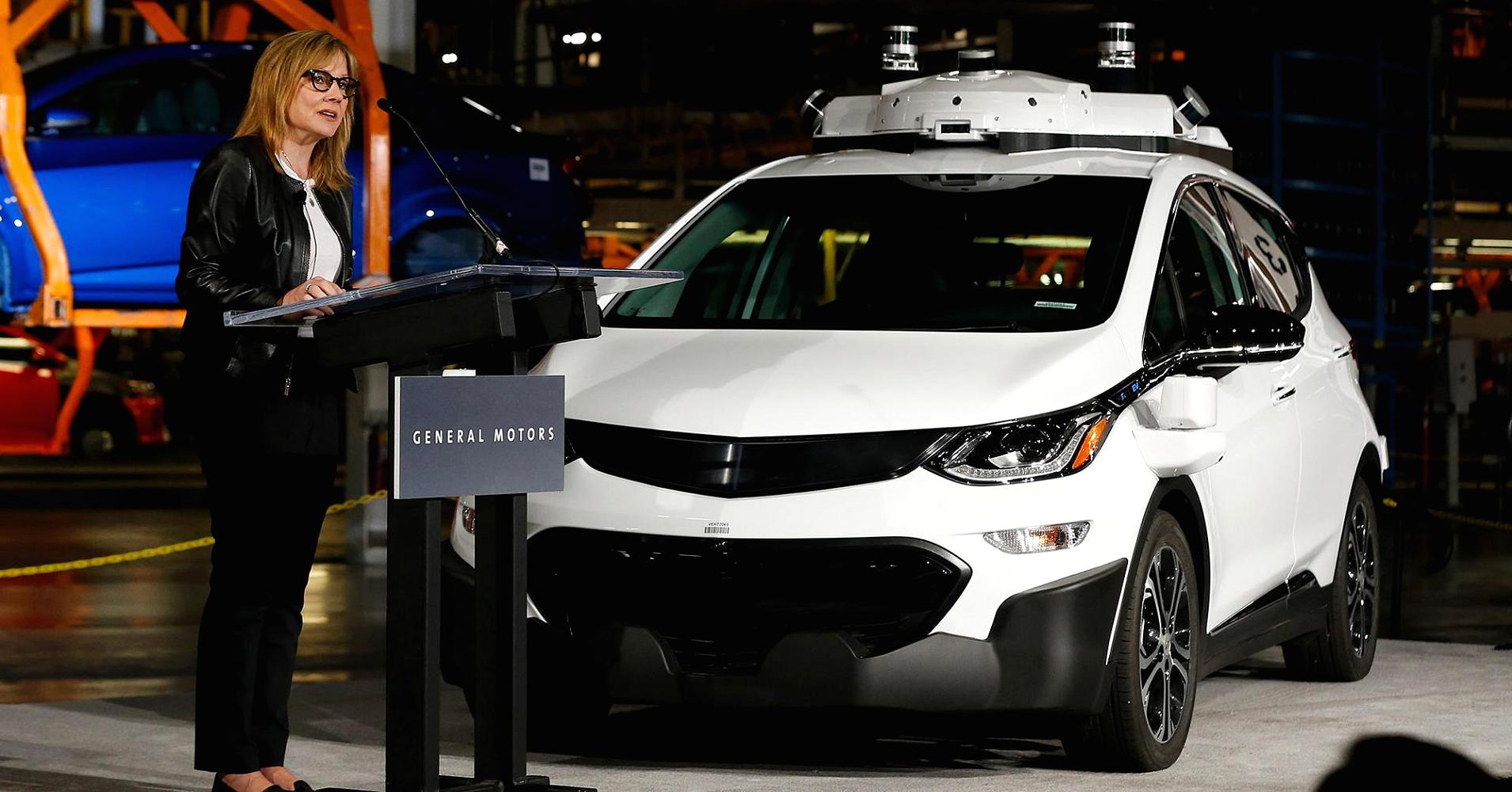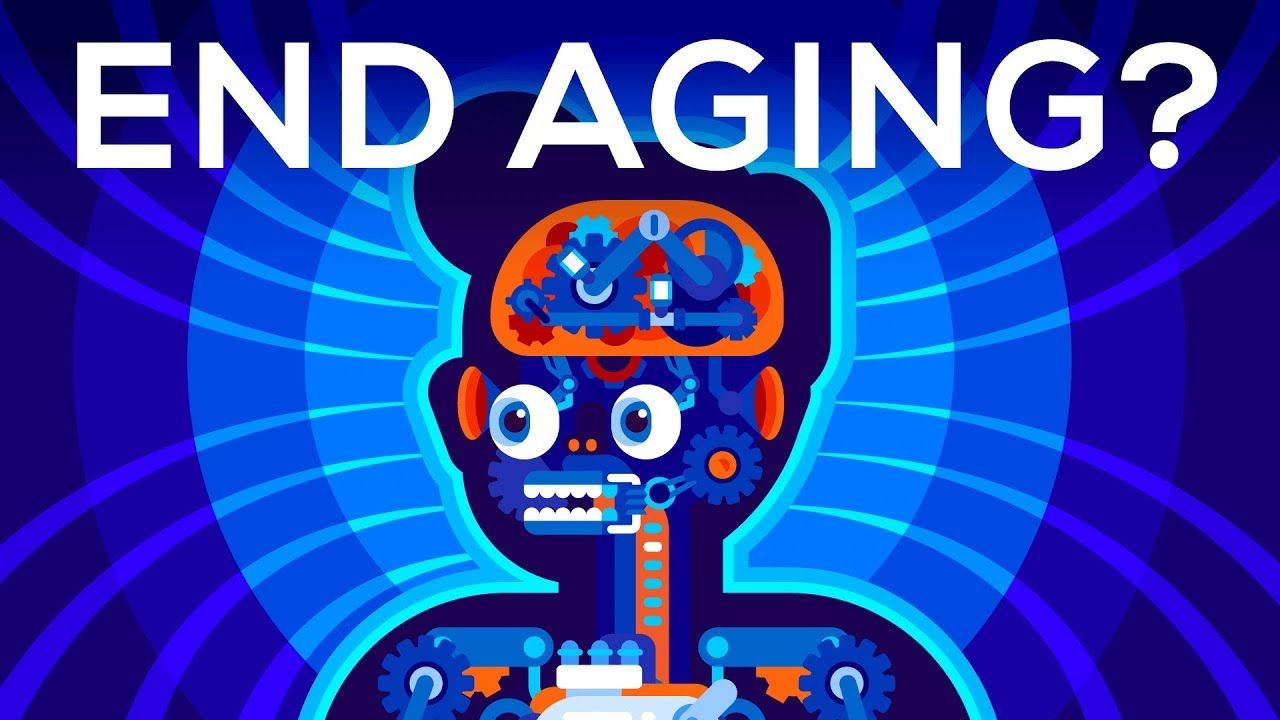Page 10067
Oct 25, 2017
Sony’s New Autonomous Car Camera Sees Road Signs at 160 Meters
Posted by Dan Kummer in categories: mobile phones, robotics/AI, transportation
Driverless cars need superhuman senses. And for the most part they seem to have them, in the form of lidar, radar, ultrasound, near-infrared, and other sensors. But regular cameras, often forgotten about in favor of more exotic technologies, are incredibly important given they’re used to collect data that’s used to, say, read the messages on road signs. So Sony’s new image sensor is designed to give regular camera vision a boost, too.
The new $90 IMX324 has an effective resolution of only 7.42 megapixels, which sounds small compared to your smartphone camera. But with about three times the vertical resolution of most car camera sensors, it packs a punch. It can see road signs from 160 meters away, has low-light sensitivity that allows it to see pedestrians in dark situations, and offers a trick that captures dark sections at high sensitivity but bright sections at high resolution in order to max out image recognition. The image above shows how much sharper the new tech than its predecessor from the same distance.
Don’t expect a beefed-up camera to eliminate the need for other sensors, though: even with strong low-light performance, cameras don’t work well in the dark, and they can’t offer the precise ranging abilities of other sensors. That means lidar and radar will remain crucial complements to humble optical cameras, however fancy they get.
Continue reading “Sony’s New Autonomous Car Camera Sees Road Signs at 160 Meters” »
Oct 25, 2017
Drone Footage of Europe’s First 3D-Printed House
Posted by Dan Kummer in categories: 3D printing, drones, habitats
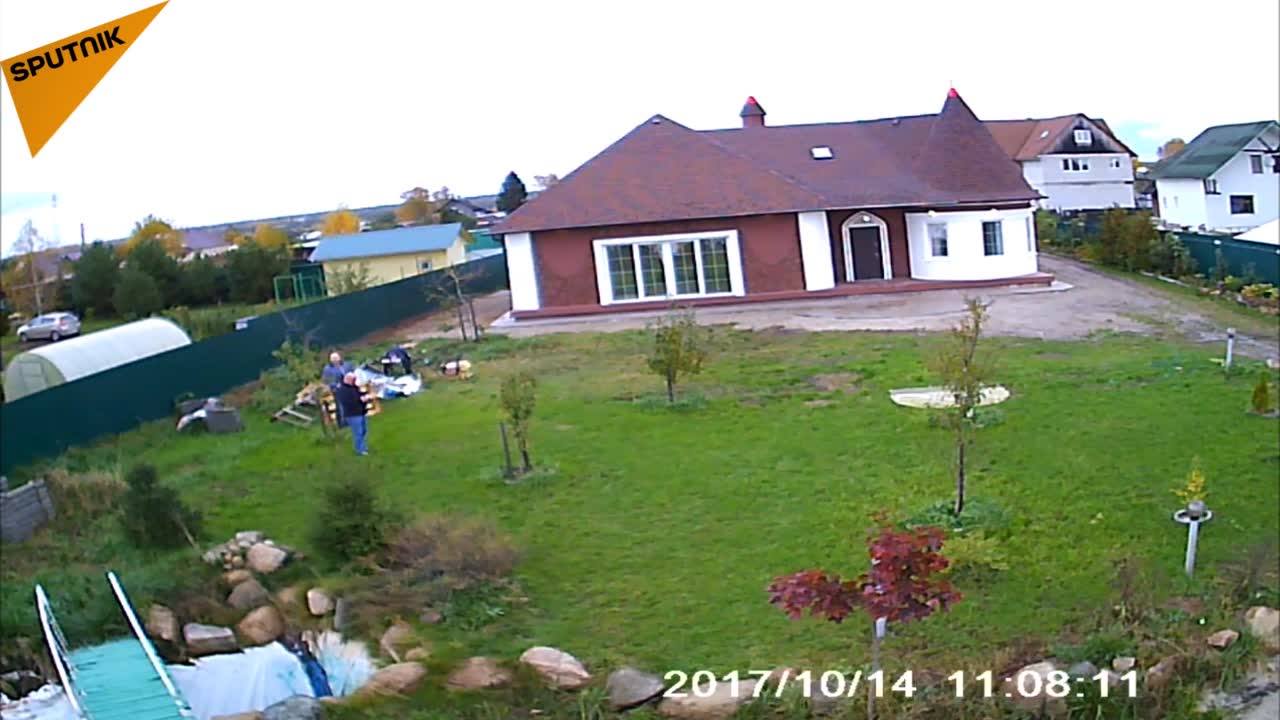
Russia has become the first country in Europe to use a 3D printer to construct a real residential house. https://sptnkne.ws/fKYu
Oct 25, 2017
This Company’s Robots Are Making Everything—and Reshaping the World
Posted by Derick Lee in categories: business, robotics/AI
Amid the tumult, there’s one clear winner: the $50 billion company that controls most of the world’s market for factory automation and industrial robotics. In fact, Fanuc might just be the single most important manufacturing company in the world right now, because everything Fanuc does is designed to make it part of what every other manufacturing company is doing.
Fanuc, a secretive Japanese factory-automation business, might be the planet’s most important manufacturer.
Oct 24, 2017
New pneumonia vaccine protects against over 70 strains of the disease
Posted by Shane Hinshaw in category: biotech/medical
A new vaccine targeting dozens of new strains of pneumonia could potentially save “hundreds of thousands of lives” according to researchers. Early studies show the new vaccine effectively protects against a variety of bacteria that causes pneumococcal disease including pneumonia, meningitis and sepsis.
Since the introduction in the early 2000s of vaccines targeting the most deadly forms of pneumonia, the World Health Organization has estimated global deaths of children from the disease have been cut in half. Alongside better nutrition and access to antibiotics, a vaccine against the 23 most deadly pneumonia-causing bacteria has been held as responsible for the millions of lives saved.
Now a team of scientists from the University at Buffalo and New York University’s Langone Medical Center has developed a new vaccine that targets another 50 strains of a bacterium called Streptococcus pneumoniae, the primary bacteria responsible for pneumococcal disease.
Oct 24, 2017
Amazon, Google Lobbyists Warn Regulators to Keep Their Hands Off AI
Posted by Dan Kummer in categories: information science, robotics/AI
A lobbying group representing top artificial-intelligence companies including Amazon.com Inc., Facebook Inc. and Google issued a warning to lawmakers on Tuesday: hands off our algorithms.
Oct 24, 2017
GM will test fully autonomous cars ‘in quarters not years,’ CEO Mary Barra says
Posted by Dan Kummer in categories: robotics/AI, transportation
General Motors says its most recent test vehicle meets some of the requirements for total autonomy.
Oct 24, 2017
Scientists Discover How The Brain Controls Ageing – And Manage To Slow It Down
Posted by Montie Adkins in categories: life extension, neuroscience
Throw out all your clocks and your body still has a rough idea of the time of day. That’s because it has it’s own clock – the body clock. It tells the cells in your body what time of day it is and so controls a whole bunch of different processes that need to be carefully timed and coordinated in order for your body to work properly.
Keeping your cells in sync creates a certain rhythm to what they do all day and night – a circadian rhythm. And it isn’t just us that have it but plants and animals too.
Circadian rhythms roughly follow a 24-hour cycle, so we feel sleepy at night and awake in the morning. It also affects our eating habits, digestion, body temperature and alertness. How? By controlling hormone production.
